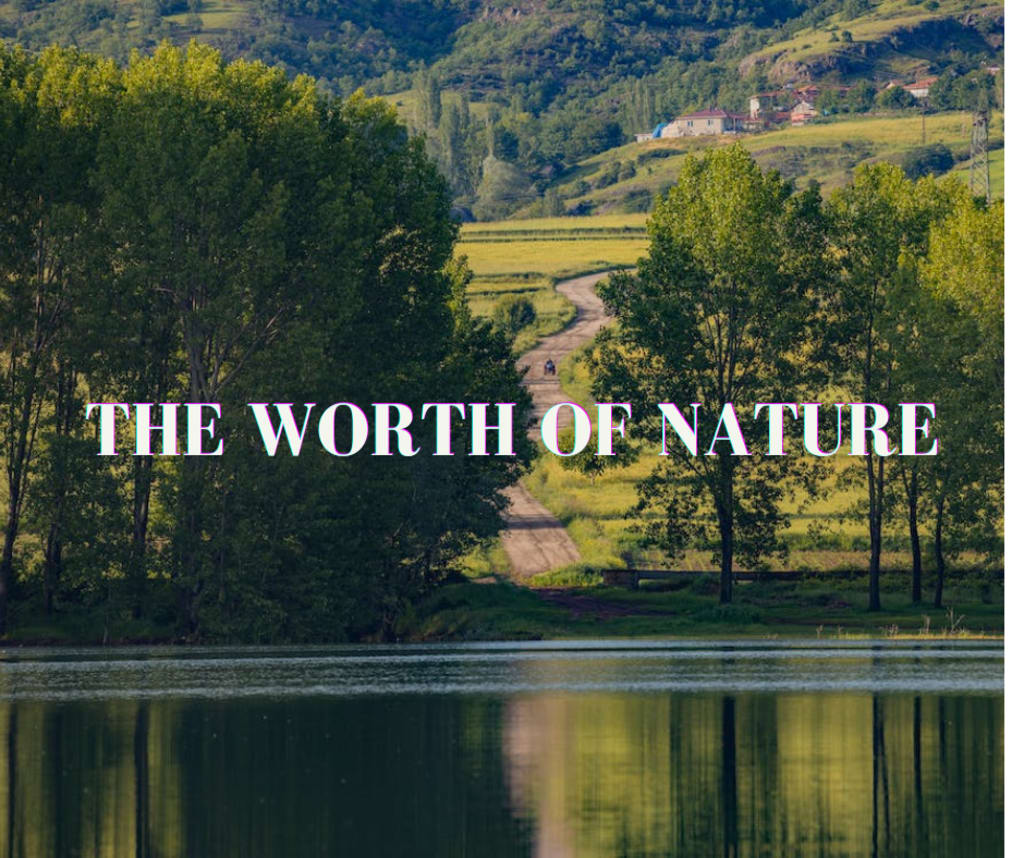
Europe continues to lose biodiversity at an alarming rate and many of its species, habitats, and ecosystems are threatened by intensive agriculture, urban sprawl, pollution, unsustainable forestry, invasive alien species, and climate change. Recent assessments by the European Environment Agency show that most protected species and habitats are currently not in good conservation status.
These losses do not occur only in Europe. Biodiversity loss and ecosystem degradation are a global phenomenon. So by looking at this loss and working to slow, stop, and ultimately reverse it, we are challenged to understand, and even quantify, the value of nature. This will help not only to make the right personal, business, and political decisions but also to better understand our place as human beings in nature. What is the value of nature?
As human beings, nature is priceless to us. After all, nature provided the basic elements of life and the environment necessary for Homo sapiens to evolve at least 300,000 years ago. If we move forward to today, we still cannot live without nature. We may be more dependent than ever on healthy and resilient ecosystems to ensure the long-term well-being of a (still) growing number of the world's people.
In this context, efforts have been made to put a monetary value on this 'natural capital', so that we can frame the 'ecosystem services' they provide within our current economic models. The EU's Biodiversity 2030 Strategy points out that more than half of the world's gross domestic product some €40 trillion depends on nature.
However, the picture is complex. Some ecosystem services are more tangible and relatively easy to quantify, such as crops, fisheries, and timber, but this is not the case for other services. How can one accurately account for the value of pollination for agriculture or the protection that wetlands provide against flooding? Understanding and proper accounting for less visible ecosystem services is crucial.
But the value of nature goes beyond the direct services it provides us. Nature also has a cultural value, since it constitutes the environment of our existence as humans and provides the necessary conditions for good physical and mental health, as well as emotional and spiritual well-being.
But this is not all. Recognizing the use value and cultural value of nature sounds very egocentric and we run the risk of focusing exclusively on the benefits it has for us as human beings in the here and now. Nature has an intrinsic value in its own right, in which the participation of the human being is limited to its custody, with an ethical responsibility towards nature itself, our society, and, in particular, towards future generations.
This triple approach is a way of understanding the value of nature: use value, cultural value, and intrinsic value.
we tend to take for granted that nature is a “free” resource from which we can take not only what we need but also what we want. Therefore, understanding and recognizing the true value of nature is more important than ever. Although it may seem contradictory, the fact of assigning a monetary value to nature, its measurement, and accounting is a way of appreciating the direct and indirect benefits that we obtain from it. It can also help us choose the best approaches to address degradation, understanding, for example, that it is much cheaper to protect nature in the first place than to restore it later, should this possibility exist.
As we become more aware of the finite nature of natural resources, and the increasing demands we are placing on the natural world, we must find ways to live within our planet's means. Technological advances and population growth, especially in the last hundred years, have led Homo sapiens to dominate the food chain and natural resources. The damage we have caused along the way is beginning to dominate our prospects for future well-being.
Restoring nature and, above all, restoring and reimagining our relationship with it are fundamental and urgent challenges in the coming decades.





Comments
There are no comments for this story
Be the first to respond and start the conversation.